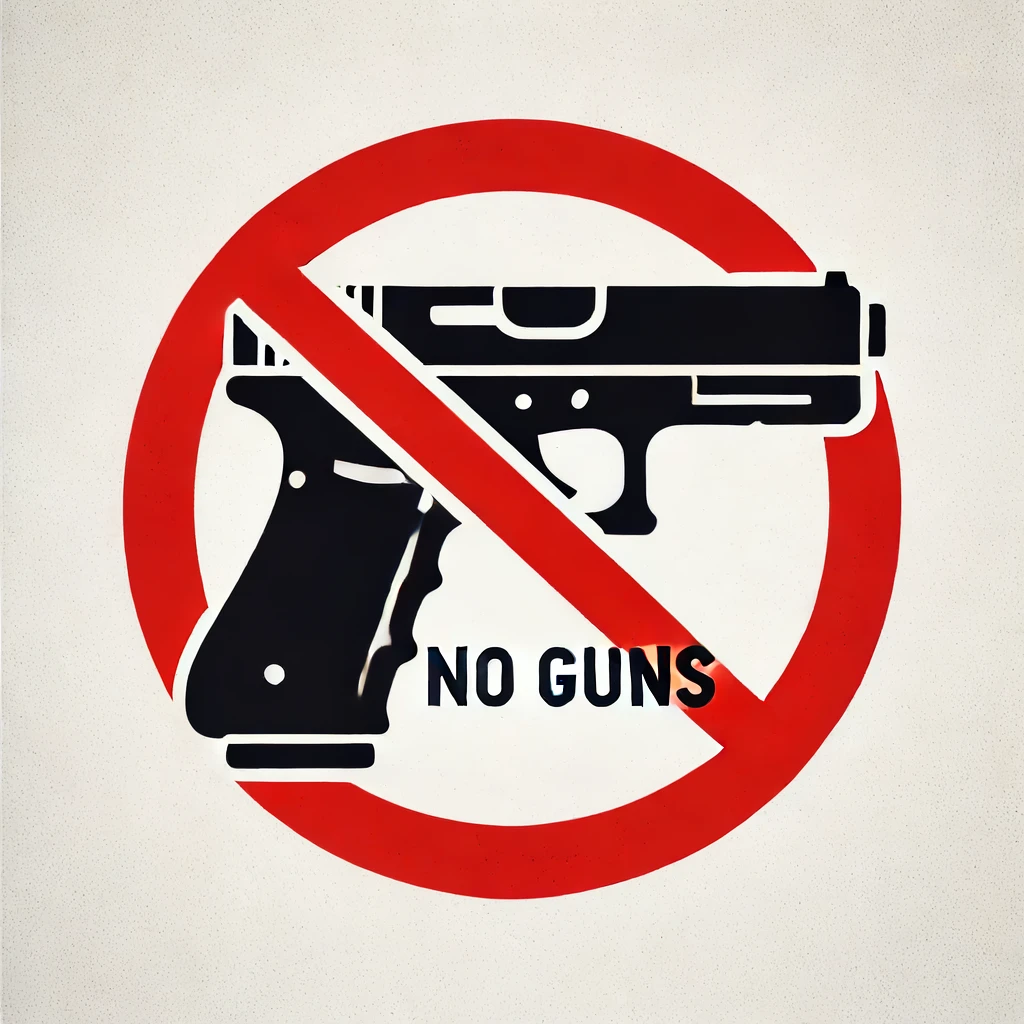On October 1, 2017, the Route 91 music festival in Las Vegas turned into a scene of horror. Heather Gooze, a bartender at the event, witnessed concert-goers running into her bar, drenched in blood and panic. A gunman, positioned high in a Las Vegas hotel, unleashed a deadly attack on the crowd below, killing 60 people and injuring over 400 more. This incident, the deadliest mass shooting in US history, was exacerbated by a bump stock, a device that allows a semi-automatic rifle to fire like a machine gun.
In the wake of this tragedy, then-President Donald Trump implemented a ban on bump stocks. This move was an unusual yet welcome change to the US gun policies, especially given the support it received from typically opposing figures such as the National Rifle Association (NRA). However, the recent US Supreme Court decision to overturn this ban has reignited the debate on gun control.
For survivors like Heather Gooze, who viewed Trump’s ban as a “phenomenal” step, the court’s ruling is a disheartening setback. Gooze recalls the chaos and the desperate attempts to save lives on that fateful night, memories that haunt her to this day. “There’s no reason for a civilian to use a mass shooting machine,” she told the BBC, expressing her frustration with the ruling.
Brittany Quintero, another survivor, shared similar sentiments. Although she harbors doubts about the effectiveness of stricter gun laws in preventing mass shootings, she still believes the Supreme Court made a wrong decision. “It feels like another slap in the face,” she said, reflecting on the trauma she has endured since the shooting.
The Route 91 massacre is a stark reminder of the devastating impact of gun violence in the United States. According to the Gun Violence Archive, there have been 215 mass shootings in the US in 2024 alone. This statistic underscores the urgent need for comprehensive gun control measures.
The debate over gun control, however, remains deeply politicized. While some survivors, like Gooze and Quintero, advocate for stricter regulations, others within the Route 91 survivor community view guns as a necessary means of protection against government overreach. “A gun isn’t the issue, we need them to keep what little freedom we have left,” one survivor stated in a private Facebook group discussion.
The political landscape further complicates efforts to pass stricter gun laws. Repeated attempts to ban bump stocks through federal legislation have stalled in a divided Congress. Trump, now a presidential candidate again, has pledged to respect the Supreme Court’s decision and reaffirmed his commitment to defending the Second Amendment rights of Americans.
Michael Cargill, the gun shop owner who challenged the bump stock ban, celebrated the Supreme Court’s decision as a victory against government overreach. “I stood and fought,” he said, “and because of this, the bump stock case is going to be the case that saves everything.”
Despite the polarizing views, one fact remains clear: gun violence continues to claim innocent lives across the United States. The need for a balanced approach that respects constitutional rights while prioritizing public safety is more urgent than ever. As Heather Gooze poignantly stated, “I don’t think I’m ever going to see in my lifetime a true law or decision that will be made to solve the gun violence issue.”
The path forward requires not only legislative action but also a shift in societal attitudes towards guns. It is a complex issue that demands thoughtful dialogue, informed by the tragic experiences of those who have suffered firsthand from gun violence. Only through such a multifaceted approach can the US hope to curb the tide of mass shootings and ensure a safer future for its citizens.
